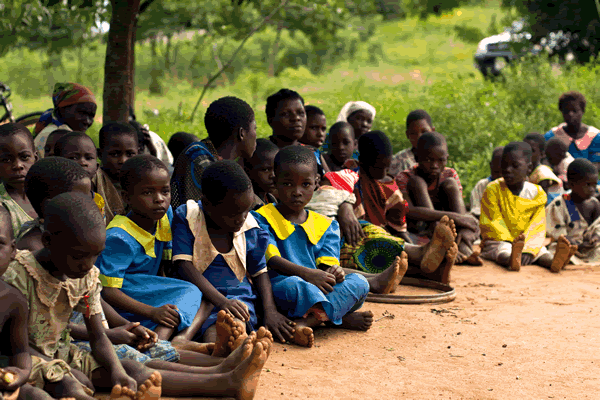Improving Education and Scientific Development in Africa
As far as developments in science, technology and education in Africa is concerned, the continent as a whole has a lot of hard work ahead in order to compete in any way with the developed world. Improvements to higher education institutions is crucial in order for Africa to up its game in the fields of science and technology, but how can this be achieved when African governments are so reluctant to invest in the education system?

According to a report in The Guardian one of the main initial hurdles is going to be persuading governments that education is the key to the development of the continent. With a huge increase of applicants to African universities recently, the quality of both the teaching and the buildings themselves has been neglected in favour of admitting as many students as possible. As reported by The Guardian in their article titled What will it take to get better higher education in Africa? in order for Africa to improve the quality of equipment and training, national, international and even private funding is required.
Another point that has been raised in many discussions regarding the development of Africa is the convincing argument that online learning will greatly improve education. As reported by The Verge elearning is becoming more and more popular in the developing nations. Coursera, the largest and most popular Massive Open Online Courses (MOOC) provider, has recently reported that of its 11 million students, roughly a third of those are from the developing world. However, it could be argued that those who enrol on these online courses must already be educated to some degree in order to able to read, write and use the internet. What about those who need basic education in order to become more academic? Although both globally available and affordable, MOOC only goes so far when helping to educate Africa and needs to be better aimed at those who may not otherwise get an education of any standard.
Aside from national and international investment, a great deal of emphasis has recently been placed on the private sector. As reported in The Huffington Post the Global Goals implemented by the UN Sustainable Development Summit will call on private companies and businesses to invest in the African education system. By supporting promising students financially throughout their studies, large corporations will greatly benefit in the future.
Another way of helping Africa to improve education and subsequently improve scientific and technological development is the Africa Data Challenge hosted by the Planet Earth Institute (PEI). Calling on individuals to submit ideas on how to positively make an impact on the scientific and technological development of Africa, this competition may see huge benefits when it comes to the education standards of this vast continent. This global competition offers one lucky winner a cash prize of £7,000 and complete support throughout the execution of the winning project.
Sections
Job Resources
- Candidates - register your details now with Parkside
- Advanced Search
- My Profile
- Lead Academic Mentor
- teacher career information
- Careers Advice
- teaching assistant career advice
- Improving Education
- career change teaching
- careers advice training
- teacher job fair advice